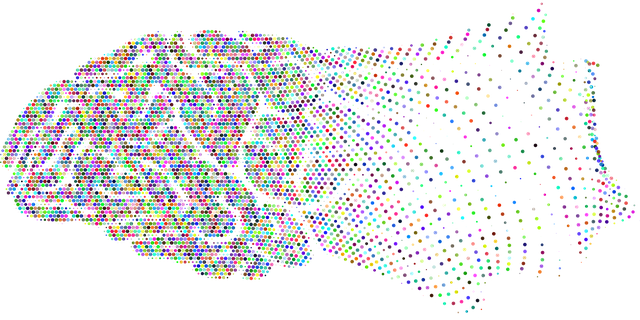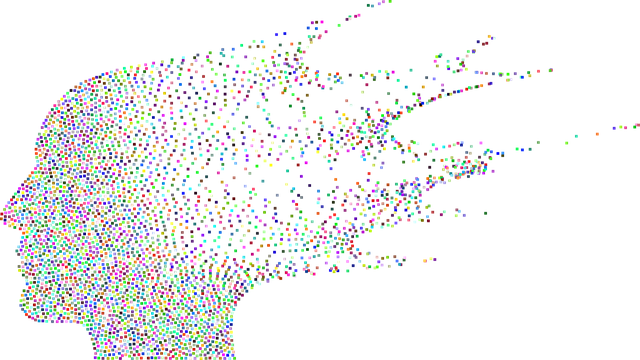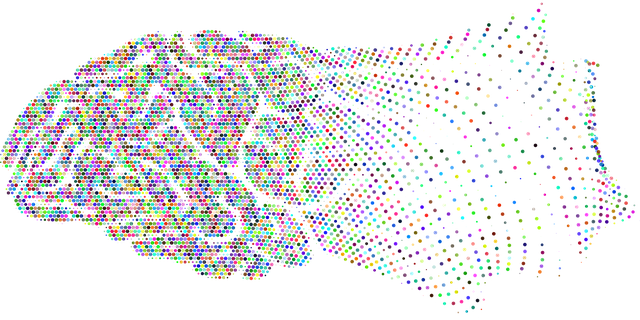Mental health advocacy in Greenwood Village, led by programs like Crisis Counseling Therapy, drives positive change through community engagement and accessible services. By focusing on early intervention, prevention, and education, they challenge stigma, empower individuals with resilience, and foster supportive networks. Collaborations between professionals and advocates result in innovative programs tailored to diverse community needs. Evaluation methods track key metrics for program success and improvement, demonstrating the impact of these initiatives, such as enhanced self-care engagement and stress management. Greenwood Village Crisis Counseling Therapy stands out through its holistic approach, empowering residents to prioritize mental health and build supportive communities.
Mental health advocacy initiatives play a crucial role in fostering well-being within communities. This article delves into various aspects of this vital work, from understanding the core principles of mental health advocacy to exploring successful programs like Greenwood Village Crisis Counseling Therapy. We examine strategies for impactful awareness campaigns, emphasize collaboration between professionals and advocates, and discuss methods for evaluating the success of these initiatives. By examining these elements, we aim to illuminate paths toward better mental health support for all.
- Understanding Mental Health Advocacy: The Role of Community Engagement
- Greenwood Village Crisis Counseling Therapy: A Model Program
- Strategies for Effective Mental Health Awareness Campaigns
- Building Alliances: Collaboration Between Professionals and Advocates
- Measuring Impact: Evaluating the Success of Advocacy Initiatives
Understanding Mental Health Advocacy: The Role of Community Engagement

Mental health advocacy is a powerful tool for creating positive change and fostering supportive communities. At its core, it involves raising awareness, challenging stigma, and ensuring access to quality mental health resources. Community engagement plays a pivotal role in this process. By involving local residents, organizations, and businesses in mental health initiatives, we can create a network of support that extends beyond traditional healthcare settings.
In Greenwood Village, Crisis Counseling Therapy programs have recognized the importance of community engagement. These efforts focus on empowering individuals through resilience building, self-esteem improvement, and the promotion of healthy self-care practices. By educating and involving the community, they aim to create an environment where mental health is prioritized, and support is readily available for those in need. This collaborative approach has the potential to revolutionize mental healthcare, ensuring that everyone has access to the resources they require to thrive.
Greenwood Village Crisis Counseling Therapy: A Model Program

Greenwood Village Crisis Counseling Therapy stands out as a model program in mental health advocacy, focusing on early intervention and prevention strategies to address rising rates of depression and other emotional challenges. This initiative prioritizes community engagement and accessible services, ensuring that individuals facing difficulties can receive support promptly. Through its comprehensive approach, the program targets not only crisis management but also promotes long-term emotional regulation and facilitates the emotional healing processes. By integrating various therapeutic techniques and fostering an inclusive environment, Greenwood Village Crisis Counseling Therapy sets a benchmark for effective mental health care.
The program’s success lies in its holistic understanding of emotional well-being, recognizing that depression prevention is a multifaceted endeavor. By educating community members and providing resources for stress management and resilience-building, the initiative empowers individuals to take proactive steps towards maintaining their mental health. This approach not only benefits those directly seeking counseling but also contributes to creating a supportive network that fosters overall emotional healing.
Strategies for Effective Mental Health Awareness Campaigns

Mental health awareness campaigns play a pivotal role in breaking down stigma and encouraging open conversations about emotional well-being. To be effective, these initiatives should incorporate diverse strategies that cater to various audiences. One key approach is to leverage storytelling, where individuals share their personal journeys with mental health challenges and triumphs. This method fosters empathy and normalizes the experience, reminding folks that everyone’s mental health matters. Integrating Self-Care Practices into awareness campaigns can empower people to take proactive steps towards well-being.
At Greenwood Village Crisis Counseling Therapy, we recognize the importance of Cultural Sensitivity in Mental Healthcare Practice. Tailoring messages to resonate with diverse communities ensures that awareness efforts are inclusive and impactful. For instance, addressing specific cultural beliefs about mental health and highlighting adapted self-care techniques can make a significant difference. Additionally, focusing on Depression Prevention through early intervention and education is crucial. By providing resources and skills for recognizing early signs, campaigns can encourage timely support-seeking behaviors, ultimately leading to better outcomes.
Building Alliances: Collaboration Between Professionals and Advocates

In the realm of mental health advocacy, building alliances between professionals and advocates is a game-changer. Collaboration between crisis counselors, therapists, and community activists fosters a powerful synergy that amplifies efforts to destigmatize mental illness and improve access to quality care. At Greenwood Village Crisis Counseling Therapy, for instance, this alliance has been instrumental in developing comprehensive programs that not only offer immediate crisis intervention but also emphasize compassion cultivation practices and emotional healing processes.
By joining forces, these stakeholders can integrate their unique skills and perspectives to design effective stress reduction methods and holistic therapeutic approaches. This collaborative approach ensures a more nuanced understanding of the complex needs within communities, leading to tailored interventions that support mental well-being on various levels. Through such partnerships, advocates can navigate the labyrinthine landscape of mental health services, ensuring that those in need receive the comprehensive care they deserve.
Measuring Impact: Evaluating the Success of Advocacy Initiatives

Measuring the impact of mental health advocacy initiatives is crucial to understanding their success and identifying areas for improvement. At Greenwood Village Crisis Counseling Therapy, we’ve found that evaluating these programs involves a multi-faceted approach. By tracking key metrics such as client satisfaction ratings, engagement in self-care practices, and improvements in stress management, we gain valuable insights into the effectiveness of our initiatives.
This process allows us to tailor our efforts to better meet the unique needs of our community. For instance, through regular feedback and progress assessments, we’ve discovered that promoting confidence-boosting strategies among participants has a significant positive impact on their overall well-being. This data-driven approach ensures that our advocacy initiatives remain relevant, accessible, and impactful, fostering a healthier and more resilient community in Greenwood Village.
Mental health advocacy initiatives, as exemplified by programs like Greenwood Village Crisis Counseling Therapy, play a pivotal role in fostering community engagement and enhancing mental wellness. Through effective strategies, including collaborative partnerships and impactful awareness campaigns, these initiatives can significantly improve access to resources and support. By measuring their success, we can continue to evolve and refine these efforts, ultimately creating a more supportive environment for everyone’s mental health.














